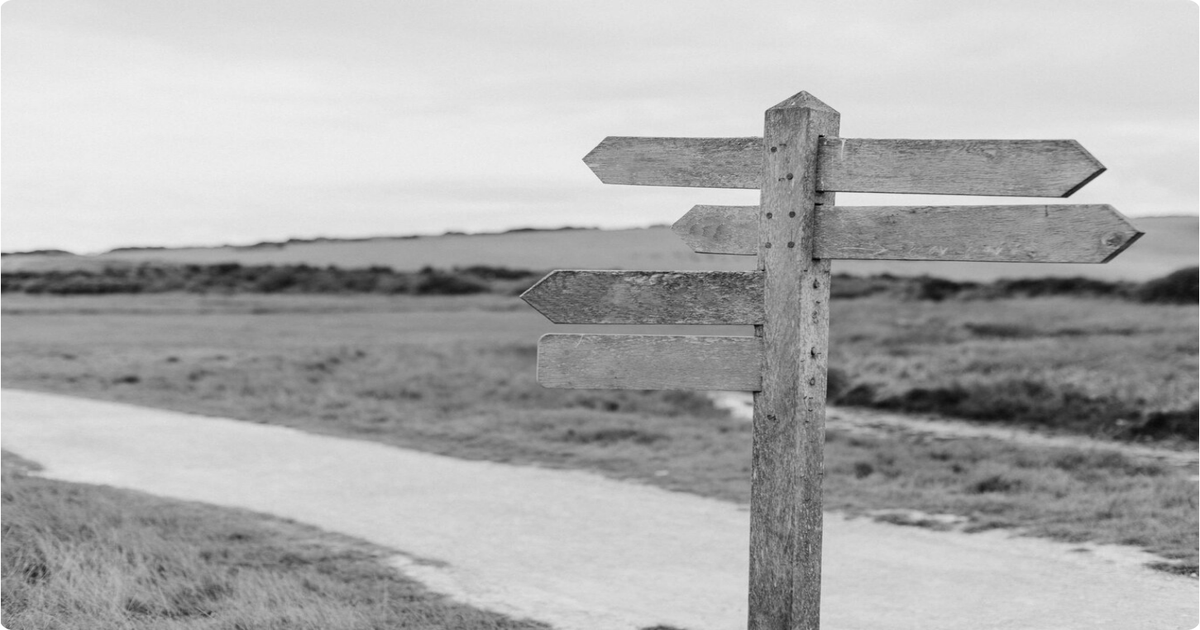
When experience kills innovation: learning to unlearn in order to create better
12 June 2025Innovation
On the steep paths of organisational life, experience is often our safety rope. It reassures, guides, and protects. It marks out the trail, shows us shortcuts, and helps avoid pitfalls. But if we rely on it too heavily, it can become a trap. Because what we learned yesterday may blind us today.
What if experience — that precious asset — sometimes becomes the silent enemy of innovation?
The mountain of habit
In organisations, solutions that worked yesterday quickly become the standard. A procedure, a method, a tried-and-tested tool is rarely questioned as long as it “works”. This stability may seem wise… but it is sometimes disguised inertia.
Imagine a mountain guide who, after 20 years of climbing the same slope, is unaware of a new trail — more direct, more scenic, perhaps even safer. His experience becomes a filter: it determines what he sees and what he doesn’t.
The same happens in companies: we repeat familiar patterns, apply well-known formulas, call on the same experts… and miss out on unexpected opportunities.
The comfort of the known versus the vertigo of the unknown
Innovation requires a particular kind of effort: the effort to unlearn. It means questioning not only what we know, but also what we think we know. It takes courage to say, « What if our current solution isn’t the best one? What if another path exists — riskier, more uncertain, but also more promising? »
That sense of vertigo is natural. The human brain loves routines — they save energy. But in a world evolving at exponential speed, optimising what we already know is no longer enough. Sometimes, we need to reinvent things. Not to innovate at all costs, but to stay alive, relevant, and adaptive.
Experience that enlightens, not that confines
This is not about throwing experience out the window — far from it. It’s about placing it in the right context. Experience becomes truly valuable when it serves discernment, not repetition.
This is where organisational intelligence truly comes into play: it’s not about accumulating knowledge, but about creating a living ecosystem where ideas flow, collide, and renew themselves. Where we learn as much from failure as from success. Where juniors challenge the certainties of seniors. Where we test, experiment, and adapt.
🧭 What if we allowed ourselves, from time to time, to get a little lost — in order to better reinvent ourselves?
A few ways to avoid getting trapped in your own certainties
- Establish rituals of critical reflection: practice reviews, reverse post-mortems (“what could we have done differently, even if everything went well?”).
- Mix generations, profiles, and disciplines: diversity challenges assumptions.
- Encourage small-scale experimentation: create testing grounds, prototypes, internal labs.
